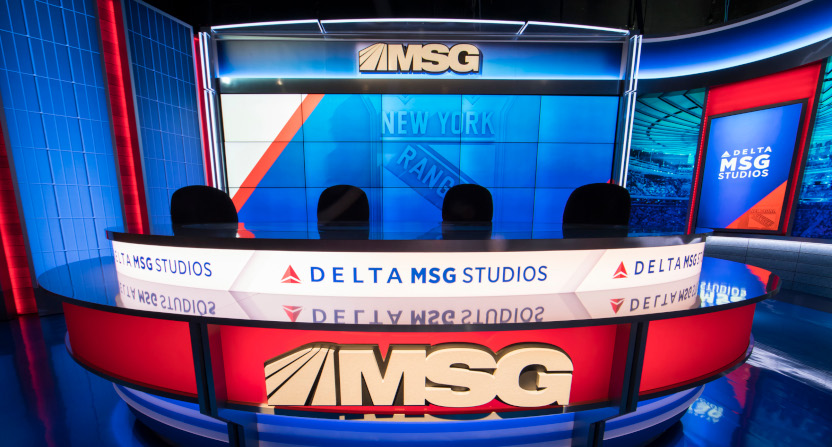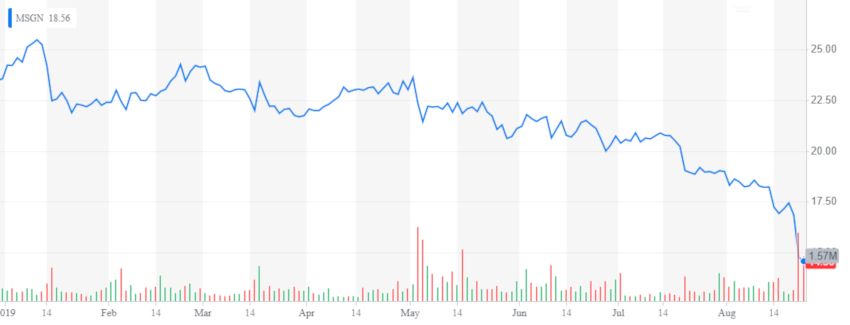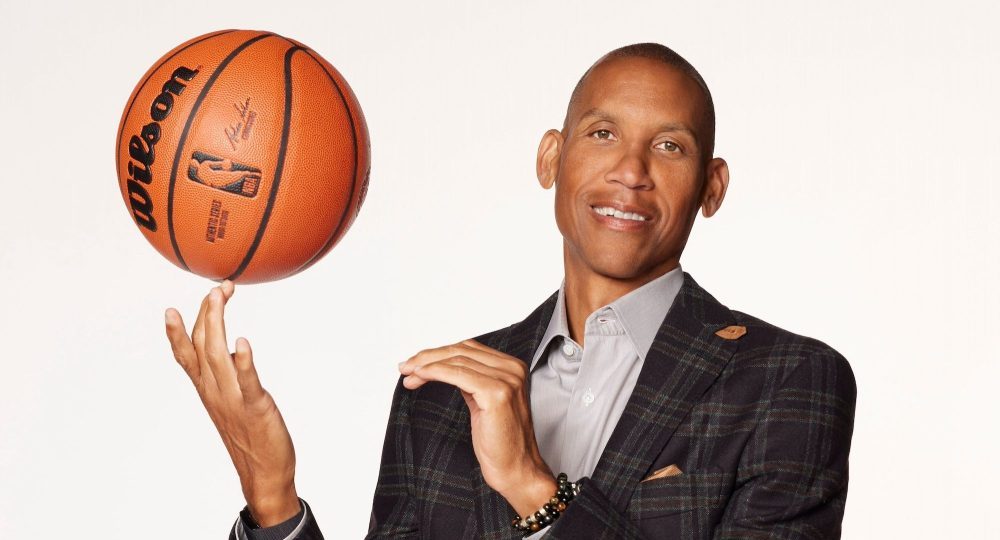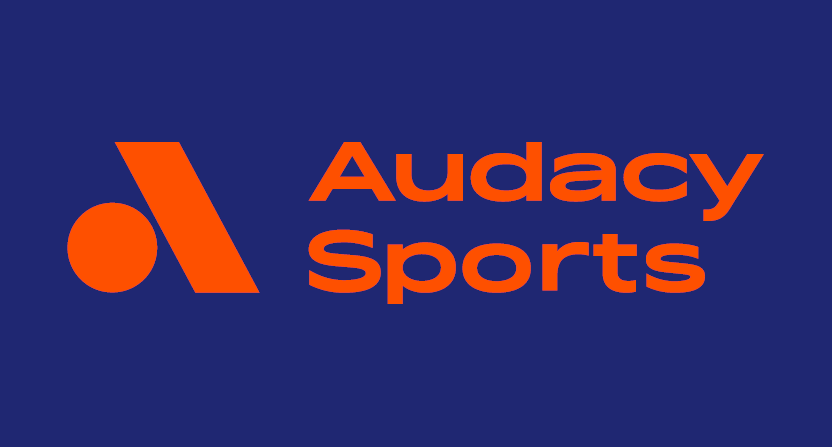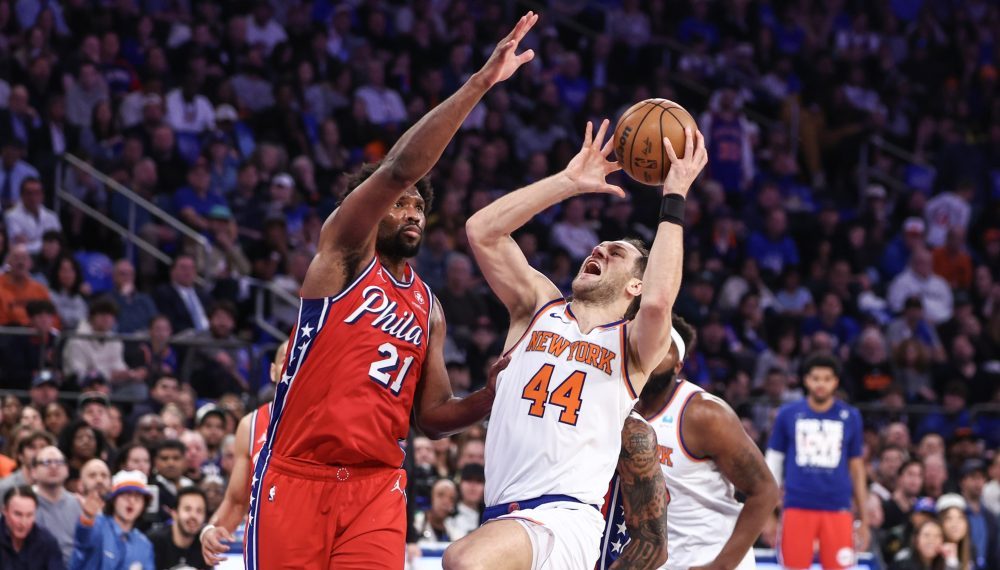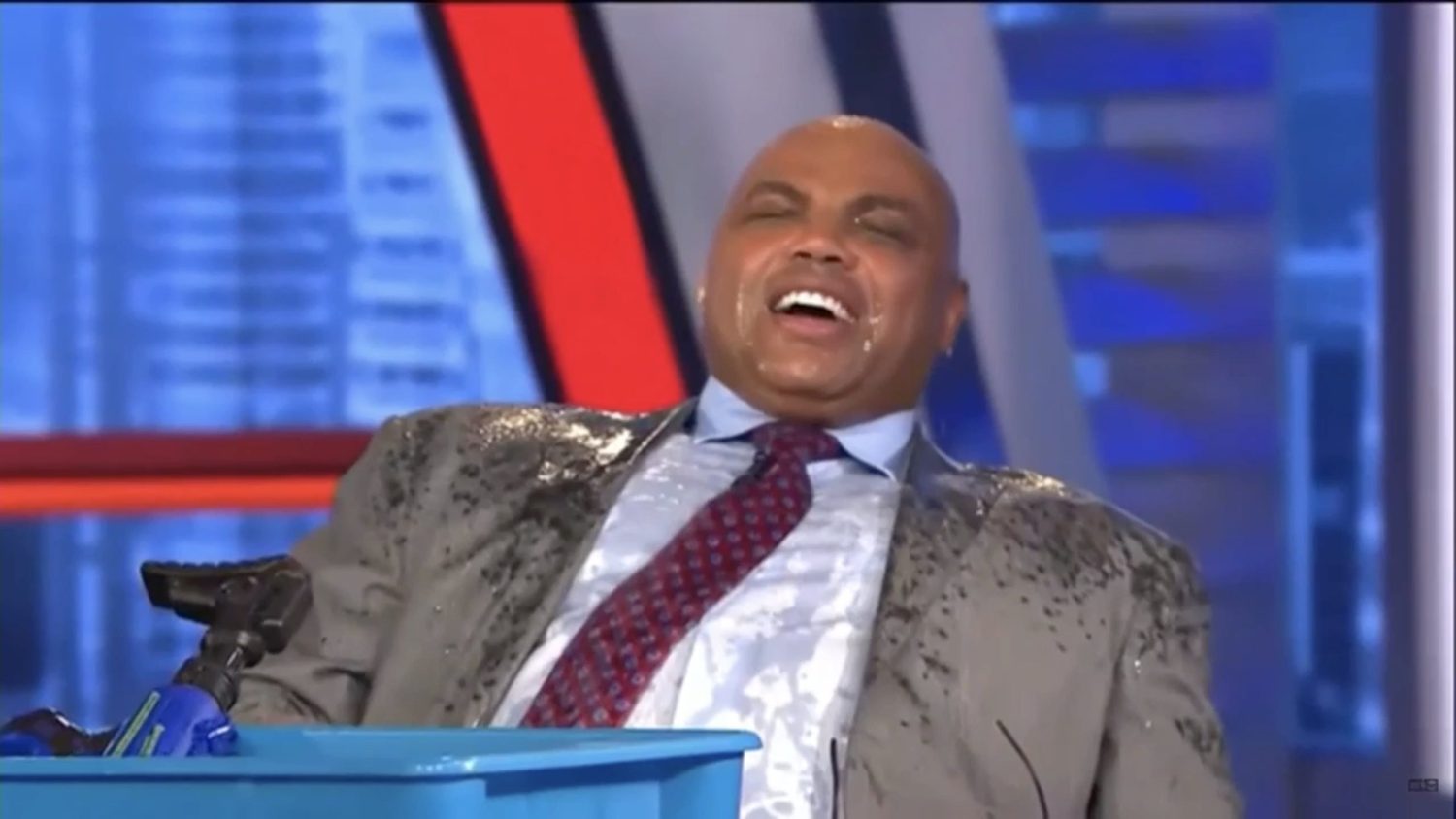The latest story of the growing challenges for regional sports networks comes at MSG Networks. The company, a spinoff of The Madison Square Garden Company and one that also has James Dolan as its executive chairman, operates MSG, MSG+ and overflow channels. But they had some bad news on their earnings call Wednesday, as Bloomberg’s Gerry Smith writes:
On Wednesday, MSG Networks Inc., the sports-channel operator where Dolan is executive chairman, said its subscribers shrank by 6.5% last quarter, or more than twice the rate of the broader pay-TV industry. The subscriber losses sent the company’s shares tumbling as much as 14%, their biggest drop ever.
David Joyce, an analyst at Evercore ISI, downgraded the stock, citing “dramatic subscriber losses.”
“We are incrementally concerned about the subscriber trends and affiliate revenue impacts,” Joyce said in a note to clients.
Yeah, that’s not great. And this continues the slide MSGN’s stock (which is listed separately from MSG itself) has been on this year. As per Yahoo Finance, MSGN opened at $23.28 on January 2 and hit a high of $25.79 on January 10. But it’s been mostly downhill since, and the current $14.56 price is just 56.5 percent of that January 10 high. Here’s a graph showing that (interactive version available here):
It’s obviously not just MSGN facing subscriber losses. The whole pay-TV universe is seeing some subscriber loss, and regional sports networks are perhaps facing some of the biggest challenges. That’s part of why the Fox RSNs wound up being sold for around $10 billion, which even with the $4 billion for separately-sold YES is still way below the initial estimates of $20-22 billion. And while those RSNs have struck carriage deals with Charter and Cox, they’re off of Dish and SlingTV, possibly for good. In May, analyst Craig Moffett told John Ourand of Sports Business Journal that “It’s really hard to see any good outcome for an RSN,” predicting RSNs in general could lose between 50 and 75 percent of their subscriber numbers in the next few years.
But even by the standards of a difficult overall environment for RSNs, MSGN seems to have some particular challenges. Subscriber losses of more than twice the overall pay-TV industry are problematic, and those aren’t necessarily going to change too soon. One of MSG’s key content focuses is the Knicks, and you may have heard that not only are they bad (a NBA-worst 17-65 mark last year), they failed to get Kevin Durant (despite discussion of offering him a possibly-CBA-violating MSG TV show) or Zion Williamson this summer. And the New York NBA team picking up much more interest than the Knicks is the Brooklyn Nets, who made the playoffs last year and then added Durant and Kyrie Irving this summer. Indeed, the Knicks have gotten so bad that they’re not even going to be featured on national TV much this season, with no Christmas game and only three nationally televised games overall. That’s more game content for MSG, but the challenge is finding people who actually want to watch this team.
It should be noted that it’s a difficult overall time for MSG as well. Their stock also saw a record decline this week thanks to higher-than-expected costs ($1.2 billion) for their “MSG Sphere” building in Las Vegas. And, as mentioned, the Knicks (which they also own) aren’t exactly good. The NHL’s Rangers went 32-36-14 and missed the playoffs for the second straight year last season, too, so there isn’t much relief on that front. (And given that MSGN also broadcasts Rangers games, it doesn’t help them that that team isn’t doing too well either.) But it’s interesting to see the MSGN losses, and to see investors not pleased with its prospects. We’ll see how things go for that network going forward.
[Bloomberg; photo from a Delta release about sponsoring MSG Network’s studios]

